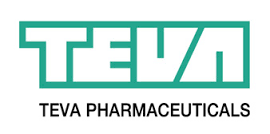
Jerusalem : Teva Pharmaceutical Industries Ltd., announced a collaboration with Intel Corporation to develop a unique wearable device and machine learning platform for use in Huntington disease (HD). This platform will continuously monitor and analyze key symptoms that impact daily living, in an effort to better understand disease progression and improve treatment evaluation.
Teva, intel collaborate, develop machine, learning platform, wearable tech, huntington disease